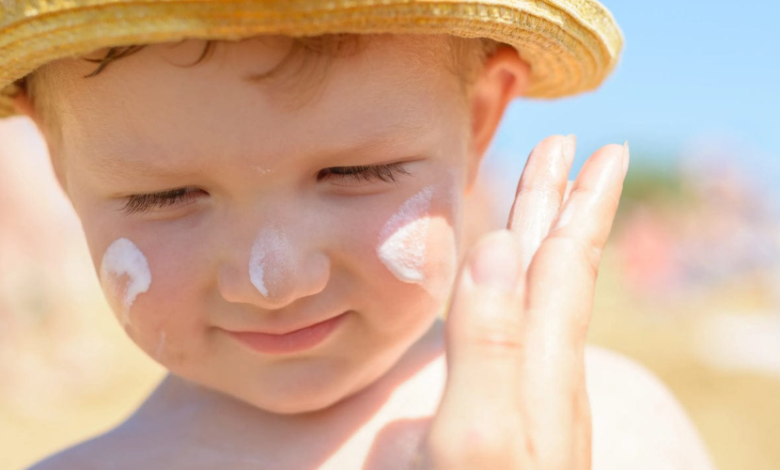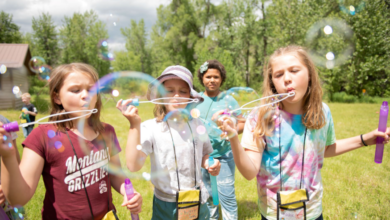Baby Safe Sunscreen & Why Finding the Right Option is Hard

TL;DR (Too Long; Didn’t Read): Pick a mineral-based, fragrance-free sunscreen for your baby, and remember shade and clothing are still the best protection.
Sunscreen shopping used to be simple. You grabbed a bottle, checked the SPF, and moved on. But if you’ve got a baby now? It’s a whole different game. Suddenly, the list of things to worry about has tripled: What ingredients are safe? What does “mineral-based” really mean? And why does every label claim to be “baby safe sunscreen”?
The truth is that when you’re not familiar with all the terms, it can be quite difficult to make sense of things. If your last trip down the sunscreen aisle felt confusing, you’re absolutely not on your own. Keep reading and you’ll discover a product that offers a little bit of everything.
What ‘Baby Safe Sunscreen’ Should Actually Mean
It’s a well-used term, of course, but what are we actually talking about when we discuss baby safe sunscreen? What does the phrase mean? It matters, because not all products live up to the label. A truly safe sunscreen for babies should:
- Use mineral-based ingredients like zinc oxide or titanium dioxide
- Avoid chemical UV filters (like oxybenzone or avobenzone)
- Be fragrance-free, dye-free, and paraben-free
- Offer broad-spectrum SPF protection
- Be pediatrician-tested and ideally recommended by dermatologists
Unfortunately, seeing “baby” on the label doesn’t always guarantee that. A lot of products marketed for babies still include synthetic ingredients that can irritate sensitive skin. So while the front of the bottle says “gentle,” the back of the bottle might tell a very different story.
See also: Top Mental Health and Burnout Apps to Boost Your Wellbeing in 2025
Shade & Clothing Still Matter
For babies, especially those under six months, avoiding direct sun exposure is still your strongest line of defense. Lightweight long sleeves, wide-brimmed hats, and good old-fashioned shade do more heavy lifting than any SPF rating ever will. That’s why it’s best to think of sunscreen as backup, rather than the be all and end all of your sun protection efforts.
Even the best sunscreen for babies can rub off, sweat off, or miss tiny spots. Layering protection makes more sense, so look for stroller covers, UV-blocking swimwear, and sunhats that actually stay on. It’s less about fussing over ingredients and more about thinking holistically.
The Right Sunscreen Isn’t Just About Ingredients
Here’s the thing: even the most perfectly formulated sunscreen won’t do much if your baby hates it. That’s why texture and ease of use matters, because it affects how often you use them. Creams that spread easily without leaving a chalky layer? Lifesaver. Flip-top bottles instead of screw caps? Absolute win when you’re juggling snacks, bottles, and an escape-artist toddler at the beach.
The Right Baby Safe Sunscreen Takes a Weight Off Your Mind
You’re not being overprotective by putting effort into the right baby sunscreen. You’re just trying to keep your baby’s skin healthy while navigating a sea of options that all claim to be “safe.” The truth is, not every sunscreen earns that trust, so finding one takes a little more research, a little more label reading, and a lot more patience than it should.
But when you do find that one brand that ticks all the boxes (generally speaking, that means a quality mineral brand like Blue Lizard), hold onto it. Because in a world of invisible sun damage, nap schedules, and mystery rashes, even one less thing to worry about feels like a win.




